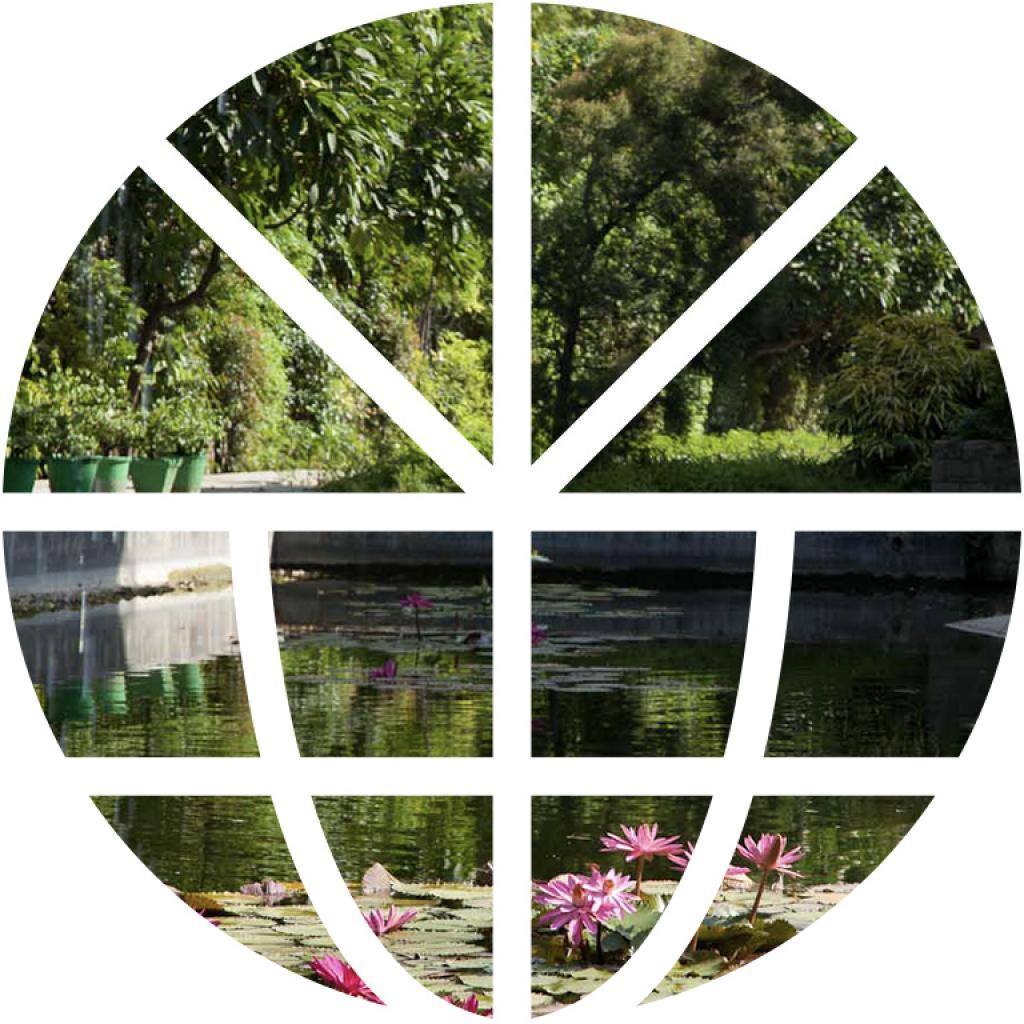BHOOMI 2019
01 October 2019, 05:30 am
BHOOMI 2019
Programme Type
Festivals
BHOOMI 2019
Ahimsa: In Gandhi’s Footsteps, Making Peace with the Earth
The Bhoomi Festival 2019 celebrates Ba and Bapu @150
FROM 15:00 TO 18:00
Saluting Ba and Bapu and Celebrating our Cultural Diversity
Panel discussion on Gandhi’s Legacy
Panelists: Vandana Shiva, Founder, Navdanya; Vibha Gupta, Chairperson, Magan Sangralaya, Wardha, Maharashtra; Prasanna Prahladachar, The Gandhian of Heggudo, Karnataka; Kartikeya Sarabhai, Environmentalist and Board Member, Sabarmati Ashram; Apoorvanand, Professor, University of Delhi; Satish Kumar, activist and former Editor, Resurgence & Ecologist magazine; Ramin Jahanbegloo, Professor & Vice Dean, Director, Mahatma Gandhi Centre for Peace, O.P. Jindal Global University
Film: A Force More Powerful (25 min; dvd; English)
A film by the International Center on Nonviolent Conflict, this documentary series on one of the 20th century’s most important stories, shows how nonviolent power overcame oppression and authoritarian rule
AT 18:30
Celebrating the Spirit of Ahimsa through Music and Dance
Vocal Recital
By Vidya Rao, well-known Hindustani vocalist
Followed by
Performance
By Miti Desai, classical dancer, designer and educator
(Collaboration: Navdanya)

